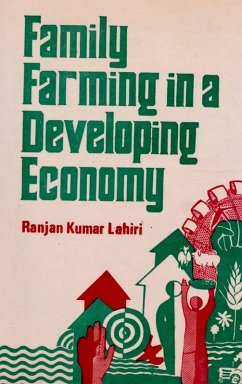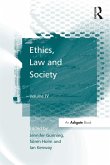in addition to the Koran, early jurisprudence relied on Sunna, which seems to have originally meant the generaI or time-honoured usage of the community, and ra'y, which at this stage meant" sound opinion" or "considered opinion." With the work of al-Shafi, and generally for Sunnis in the course of the ninth century, it became standard theory that there was not one scripture in lslam, but actually two. The definition of Sunna narrowed to refer to the usage of the Prophet, and then further narrowed to mean 'the usage of the Prophet as established by Hadith," oral reports concerning the Prophets statements and behavior transmitted from the Companions, early Muslims who were eyewitnesses of the Prophet's mission. These reports were gathered and published in collections arranged according to the Companion transmitters (musnad), or in collections arranged for easy reference by jurists according to the standard chapters of the law (sunan). Six collections, dating from the middle to late ninth century came to be recognized as more or less canonical by Sunni Muslims of all madhhabs: the Sahih s of al- Bukhari, Muslim, and al-Tirmidhi and the Sunan of ibn Majah, Abu Dawud, and al-Nasa' i. in the ninth and tenth centuries, the relative importance of Hadith as a body of scripture was highly contested. This study is an asset for scholars, researchers and general readers who has interest in lslami claws. Content: The Origins of lslamic Law; Topics of lslamic Law; Psychology in Medieval lslam; lslamic Jurisprudence; lslamic Marital Jurisprudence; lslamic Laws on Some issues; Concept of Justice in lslamic Law; Basic Principles of Waqf Law in lslam; Strategies for Empowerment through lslamic Law
Dieser Download kann aus rechtlichen Gründen nur mit Rechnungsadresse in A, B, BG, CY, CZ, D, DK, EW, E, FIN, F, GR, HR, H, IRL, I, LT, L, LR, M, NL, PL, P, R, S, SLO, SK ausgeliefert werden.









